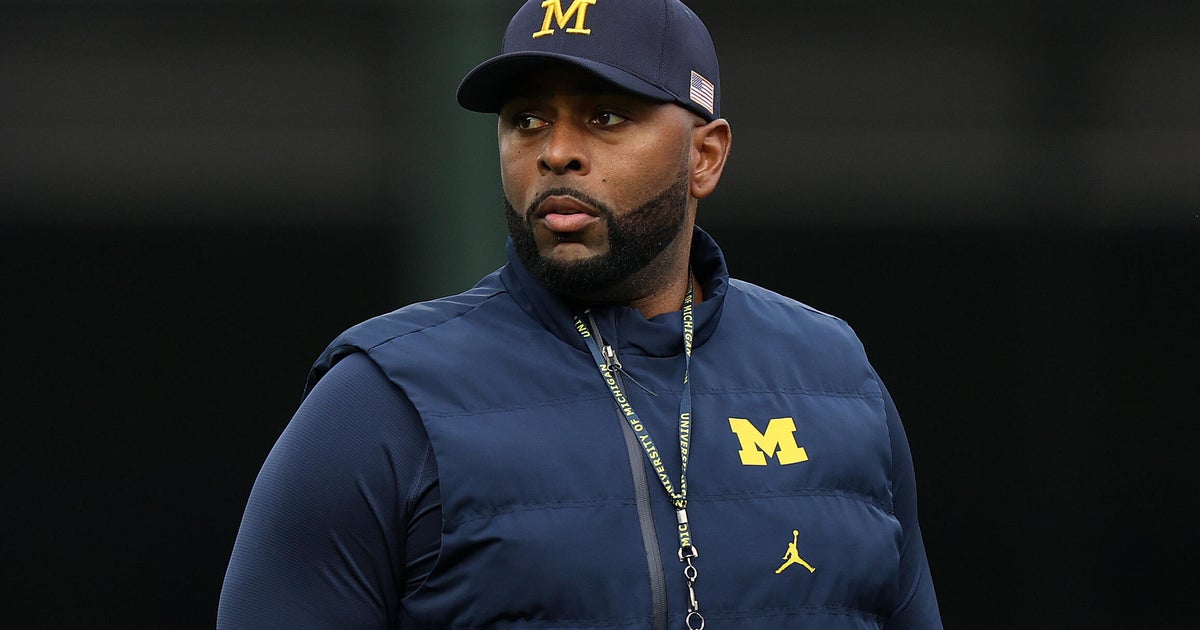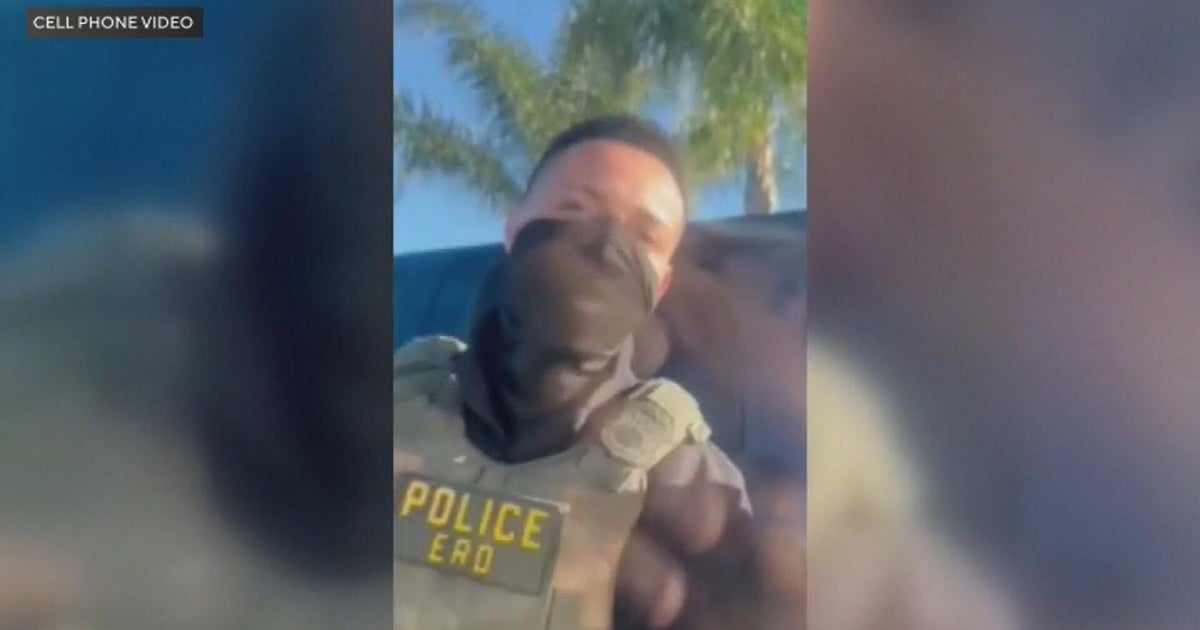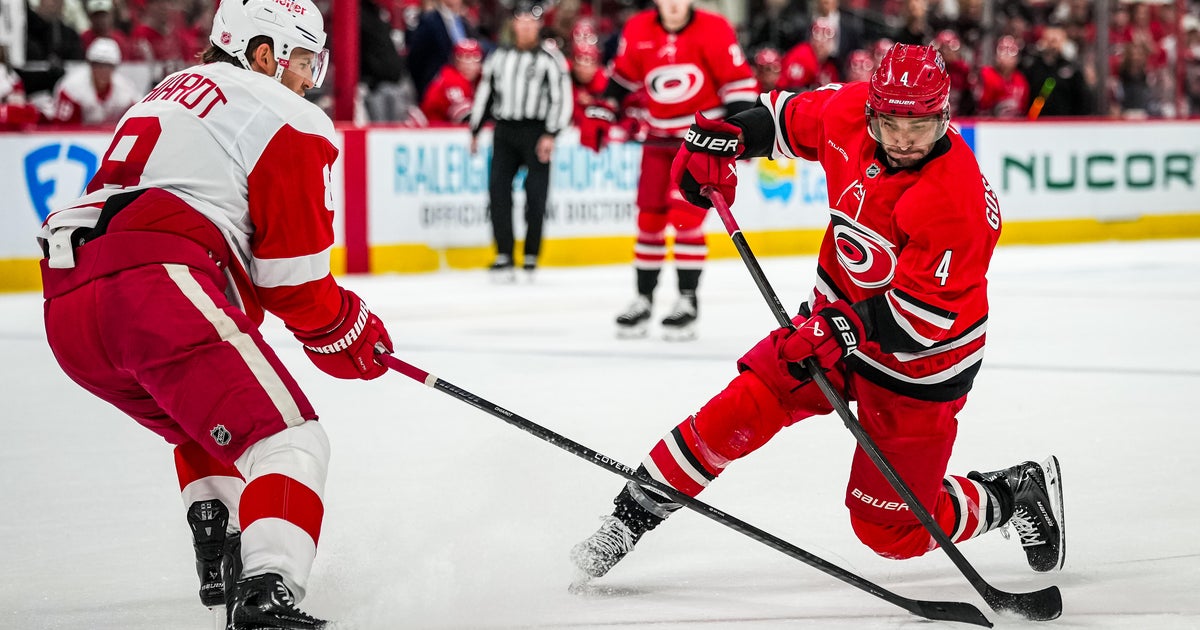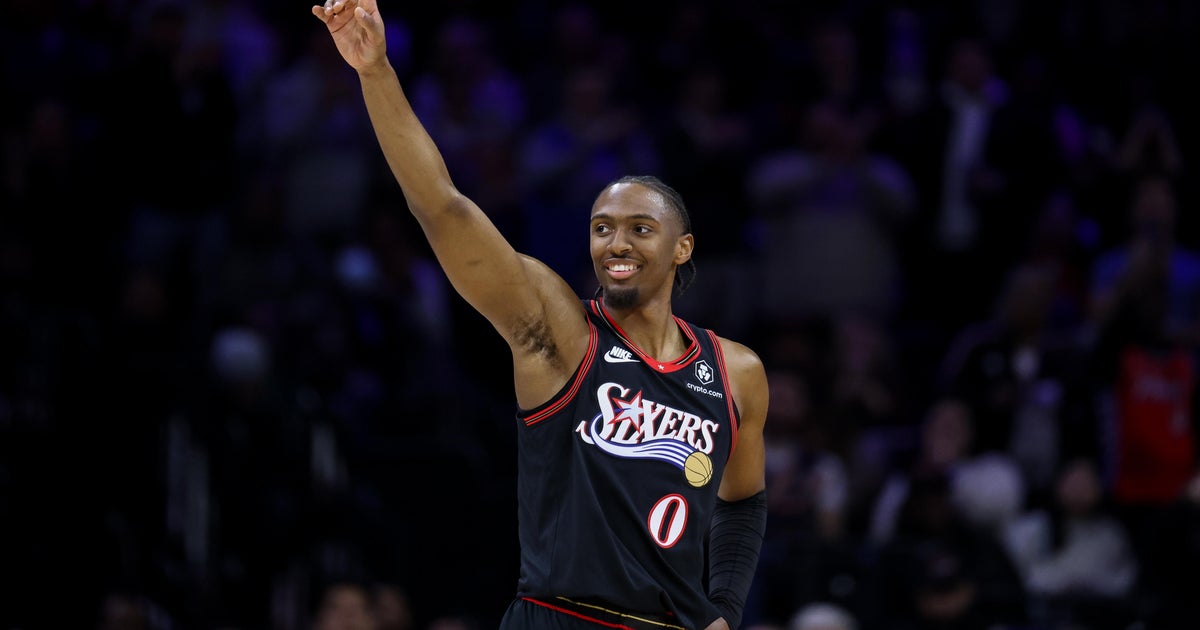Pro Wrestling Has A Scott Boras-Like Super-Agent, And His Client List Is Mind Blowing
By Chuck Carroll
In football there is Drew Rosenhaus. In baseball there is Scott Boras. And in pro wrestling there is Bill Behrens. You may not know his name, but you know many of his endless list of clients. A virtual who's who of elite squared-circle performers that dominate cable television on Monday or Tuesday nights. Just a few months ago he brokered a once unthinkable deal to finally landed AJ Styles in a WWE ring. In fact, even he admits he was surprised it happened. It seemed as though Styles was heading back to TNA before Triple H gave him a call and intervened.
Behrens has Hall of Fame announcer Jim Ross on speed dial and is proudly the booking agent for the man that nearly put WWE out of business in the late 1990s, Eric Bischoff. Everybody who's ever been anybody in wrestling is seemingly connected to him. Kevin Nash trusts him to find the perfect dates on the independent wrestling circuit. As does Scott Hall and Sean "X-Pac" Waltman.
And even though he's negotiating for the icons of the wrestling business, he's not afraid to negotiate a deal without a contract with one of the largest wrestling companies in the world. It's a matter of trust.
Behrens is the equivalent of the Dos Equis guy. He's the most interesting man in the world… the wrestling world anyway.
You can listen to the full interview here.
You went to law school before leaving to pursue a career in TV. Did you ave any inclination way back when that you'd kind of blend the two things together to carve out a career?
Bill Behrens: Sort of, but only because I grew up in a television family. My dad, who passed away several years ago, was a self-made man in television... After going to law school and discovering it is not a Perry Mason-esque experience. Rather, it is ridiculously, mind-numbingly boring.
Looking at your roster of clients, some would say you're like the Scott Boras or Drew Rosenhaus of pro wrestling. How would you categorize yourself?
Behrens: I realized that my real skill was seeing something in talent and being able to groom them beyond the first impression. I started out trying to be a promoter and I learned very quickly I'm a terrible promoter. I don't have that patience for it. Being a promoter is an endless poop sandwich. You're constantly out there scrambling to put a poster up, scrambling to find somebody else's money to keep going, you're chasing your tail the entire time to put butts in the seats. But during this time it's a talent thing.
Somebody wanted me to get involved in their promotion. I came in as "TV Boy" and eventually I took over and transitioned it into a development area, which was NWA Wildside. That's sort of how I got involved because part of that process was me letting all of them know that I'm not going to be the one that gets you paid. But I am going to be the one who tries to convince other people you deserve to be paid. So the process of developing talent became a process of helping them get paid somewhere else. And that's when I became an agent.
So what you do with the guys is you help them get bookings, but you don't necessarily negotiate the money side of things.
Behrens: It depends on who we're talking about. If we're talking about Allen Jones, "AJ Styles," he is my client from the beginning to the end. So, it would be a standard agent's position, or as TNA called it one time, "his lawyer." As I've told others, I simply play a fake lawyer in wrestling. AJ is an example of the most I do, which is the contracts, making sure his trademark is renewed, his merchandise, literally everything that any doting agent would do from the top down.
Then there is the other end of it, which would be a booking agent. Kevin Nash might be an example of this. I know what he wants, he trusts me to take care of him and to make sure that the process is simple. Then, I take a percentage of that booking. And then other people fall in between those two sides. Chris Daniels and Frankie Kazarian are on the AJ side. Matt Sydal, known as Evan Bourne in WWE, is on the AJ side. Scott Hall is on the Kevin Nash side. Sean Walkman is in the middle. Everybody has their own area depending on their own need. A lot of these guys, particularly the higher paid older guys like Jim Ross, whom I'm working with now -- but his real agent is Barry Bloom. So, I work with Jim and Barry. There's a different approval process than me just going to the talent because I'm also working with an agent in that case.
Without going into specifics, are you able to earn enough to live comfortably doing this?
Behrens: The good news is what I need or want out of life is easily fulfilled because I don't need the best car. I have a house -- a condominium -- I have a car that drives. It's a 2009 and I'm still paying on it. I bought it used. I don't aspire to have the most expensive things. So, I've been smart all the way through and made sure I haven't gone beyond my means. Yeah, I can make a decent living, but it's piece by piece by piece by piece as opposed to when I worked for TNA. The last run I had with them I had a guaranteed amount of money they were paying me to do a specific job for them. The three different times I've been under contract at WWE, I had a specific amount of money I was being paid. The last time was to help them get Deep South Wrestling going in a job I wasn't really allowed to do. It was the same thing in WCW. Sometimes I was being paid a full-time salary and still being an agent to the stars. Other times I'm piecing it together being agent to the stars, which is where I am now.
Was it difficult negotiating AJ Styles' contract with New Japan Pro Wrestling given the language and cultural barrier?
Behrens: No, we worked through Tiger Hattori who speaks English fairly well. Some of the people I've worked with would say I'm a much bigger jerk than I'm going to present, but in general if we trust the people paperwork is less important. If we don't trust the people, then paperwork is essential. Much of what I do when I'm booking people out is done with email serving as the basic understanding because I have enough leverage to make sure that people pay. I've rarely been screwed on that. When we got to New Japan we never had a contract. Everybody was reporting we had a contract. We were never contracted to New Japan. They made us a promise and we made them a promise. And that is all that was necessary. There was a timetable in that process. When it became time to say goodbye to New Japan, that process was going to happen whether AJ ended up in TNA, which certainly was an option that time, whether he stayed with Ring of Honor, which was still possible and if we would have done that we would have stayed with New Japan, or whether we ended up with WWE. That is the door that opened up right at the end that was totally unexpected.
How quickly to the WWE deal come together?
Behrens: We did Ring of Honor and New Japan and he became a star all over the world by being that guy. TNA had gotten interested. AJ, (Luke) Gallows, and (Karl) Anderson had a meeting where they were predisposed to TNA. Unfortunately, contracts have to follow discussion and the contracts have to reflect the discussion. If that process becomes mind-numbing and stupid, which in my opinion it did as well as in the opinion of my clients, at that point it created the opportunity for another door to open. It ended up that WWE -- that had paid no attention to AJ at all when he left TNA the first time -- all of a sudden after two years of proving he's a top star, Triple H got in touch and said, "hey, we're interested."
The great joy of that was that if I found one process more mind-numbing and ended up eliminating another company, the WWE was the total opposite. In all of my experience negotiating with them I've never had a problem. They are straight forward in what they expect and what they're going to officer. Yes, there are 'vaguenesses' in their contracts as there are in almost all independent contractor deals. God knows the Hollywood ones are way worse. The reality is there aren't "gotchas." With some people I have to look there to see what some idiot lawyer put in there to make himself happy. It's like you look at it and think, 'oh, you're kidding me. You want this guy to sign off that even if you are grossly negligent and literally shot my client that he couldn't sue and you're going to give him a dollar as consideration so that he's not going to sue if you shoot him." Literally, that language has existed. But then you go to WWE and there are a lot of pages, but no matter how hard I tried in all the years I've been doing it I haven't found that. When I dealt with some company's legal departments I was dealing with a jerk who was determined to be a jerk. When I deal with the lawyers at WWE I've never dealt with a jerk. They've always been professional.
You've worked extensively with TNA. Now we've got a change in management and reports of bitter talent in the locker room. What's your take on all the turmoil and what's going on there?
Behrens: Aroluxe has come in and basically saved the day. If you go back and look at the numbers, it's mind-boggling to know that we were averaging 1 to 1.5 million viewers and 1 million was considered bad. Now, 300,000 people and TNA is jumping up and down and going crazy. Ring of Honor has a larger audience right now. The dynamic has changed dramatically. TNA's biggest mistake was Jeff (Jarrett) and Dutch (Mantel) being sent home. They, I guess being Dixie (Carter), then decided 'we're going to be big, big, big. And we're going to do that by hiring Hulk Hogan and Eric Bischoff.'
I now help Bischoff with bookings. And both of those guys left irritated because both of those guys thought they'd have more power than they did. Others said they had too much power. The problem was they weren't a solution. They were just a different direction. Now, they have a new ownership. It's 'now we are a TV show and if we decide we can do more we will.' It appears the new ownership is embracing that as the new business plan, which is the best news for everybody. It doesn't mean that everybody is going to keep getting paid what they were being paid, because things may have to change to make the economics work, but at least you know those people can pay the bills.
A number of talents have said that TNA was late paying them. When that happened did that in turn mean your cut was also delayed?
Behrens: Most of the time I tried to get paid upfront. So, no that never really affected me. What it did do was shine a big bright light on the reality that they were chasing their tails financially. There was no way to cover it up. It was painfully obvious. Thinking back to my last major negotiation with them for AJ and those guys, if they were guaranteeing millions of dollars over a multi-year period, hypothetically, knowing what we saw recently and the declarations made in court, was that money available? The reality is no, it wasn't. Even if we don't know everything that's going on in the offices so much has come out that we know that money wasn't there and they would have to go find that money. That's what they had to do. We've heard repeatedly from the people they weren't paying, like American Express for their travel bills. None of this is made up. It's all just the end result of a bad decision that goes back to 2009 that didn't realize growth and slowly dropped them off the map as a viable company.
Chuck Carroll is former pro wrestling announcer and referee turned sports media personality. He once appeared on Monday Night RAW when he presented Robert Griffin III with a WWE title belt in the Redskins locker room.
Follow him on Twitter @ChuckCarrollWLC.







